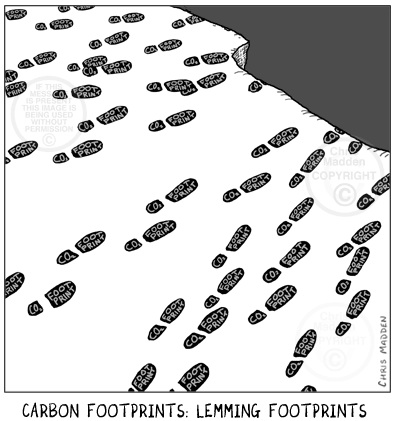Keith Johnson writes: President Barack Obama’s administration is taking plenty of heat from environmentalists after opening the Arctic to oil drilling by Shell. But the administration’s polar policy has a less noticed, if potentially very important, flip side: It’s using its leadership of the Arctic Council to launch an offensive to curb emissions of short-lived climate pollutants that pose a particular threat to the melting ice at the top of the world.
Since Obama opened Alaska’s Chukchi Sea to drilling this summer by Shell, greens have excoriated the environmental priorities of a U.S. president who says he wants to make the fight against climate change one of his legacies. Arctic oil and gas exploration, they say, poses not just local environmental dangers due to oil spills and the like, but exacerbates the use of fossil fuels that drive climate change in the first place. Obama even fended off angry questions about the topic Thursday during a Twitter chat on climate change.
But if climate change itself is helping to melt the ice and open the Arctic to drilling in the first place, Obama and Secretary of State John Kerry say they have a plan to cheaply and easily pluck low-hanging fruit and slow down the rate of warming in the far north. It involves an international effort to rein in emissions of “black carbon,” or soot, as well as methane and other so-called short-lived pollutants that drive temperatures higher. While carbon dioxide gets most of the attention in the fight against climate change, black carbon and other short-lived pollutants account for more than 40 percent of global warming.
In recent years, climate scientists have increasingly begun to look at the immediate benefits of tackling black carbon and other short-lived pollutants, such as slowing the rate of rising sea levels or potentially avoiding catastrophic tipping points such as further Arctic melting. Obama and Chinese President Xi Jinping made reductions in hydrofluorocarbons the centerpiece of their countries’ cooperation on climate change in 2013, for example. Now, it has taken center stage at the top of the world. Tackling Black Carbon

